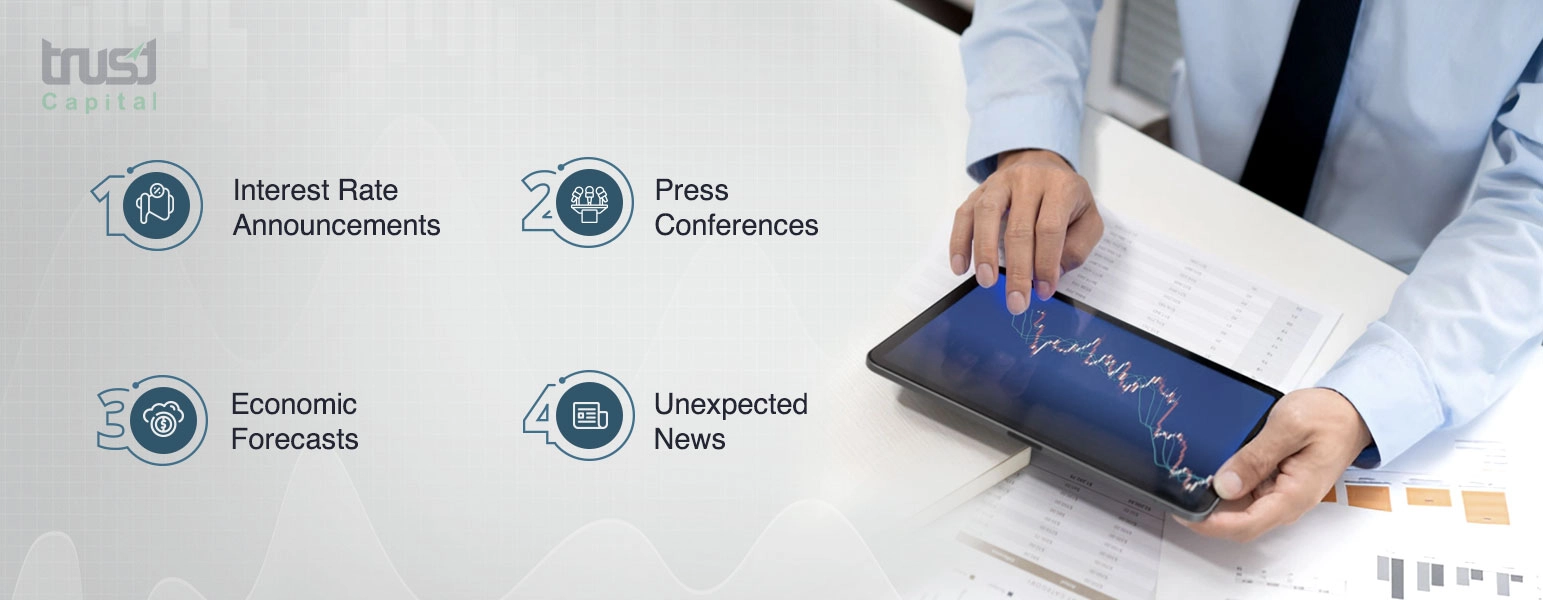Forex Trading and Central Banks: Why Every Trader Should Watch the Fed, ECB, and Others

In the fast-paced world of forex trading, understanding the forces that drive currency movements is essential for success. One of the most significant influences on the forex trading market comes from central bank decisions. Whether it's the U.S. Federal Reserve (Fed), the European Central Bank (ECB), or other major institutions, their policies can dramatically shift market sentiment and pricing.
Why Central Banks Matter in Forex Trading
Central banks control monetary policy, including interest rates and quantitative easing programs. Their primary objectives often include maintaining inflation, ensuring economic stability, and supporting employment. These decisions directly impact currency strength, making central bank actions and statements high-impact events on the forex news calendar.
For example, when the ECB monetary policy signals a rate hike or tightening, the euro typically strengthens. On the other hand, dovish statements suggesting rate cuts or stimulus tend to weaken the currency.

Forex Fundamental Analysis and Central Banks
When it comes to forex fundamental analysis, tracking central bank policy is critical. Monetary policy influences interest rate differentials, which are a key driver of currency pairs. Traders who understand how and why central banks make their decisions can anticipate market moves more accurately.
Watching central banks helps traders interpret the latest forex news effectively. For instance, a strong Nonfarm Payrolls (NFP) report from the U.S. can lead the Federal Reserve to tighten policy, which might cause the dollar to rally.
Forex News Impact Analysis: What Traders Should Monitor

To stay ahead, traders should perform forex news impact analysis by focusing on the following:
-
Interest Rate Announcements: Changes in interest rates by the Fed or ECB can create immediate volatility.
-
Press Conferences: Remarks by central bank leaders often provide clues about future policy.
-
Economic Forecasts: Updates to GDP, inflation, and employment forecasts impact expectations for future rate moves.
-
Unexpected News: Surprise decisions or emergency actions often trigger sharp movements.
This type of analysis can help traders react quickly to forex impact news and adjust their strategies accordingly.


